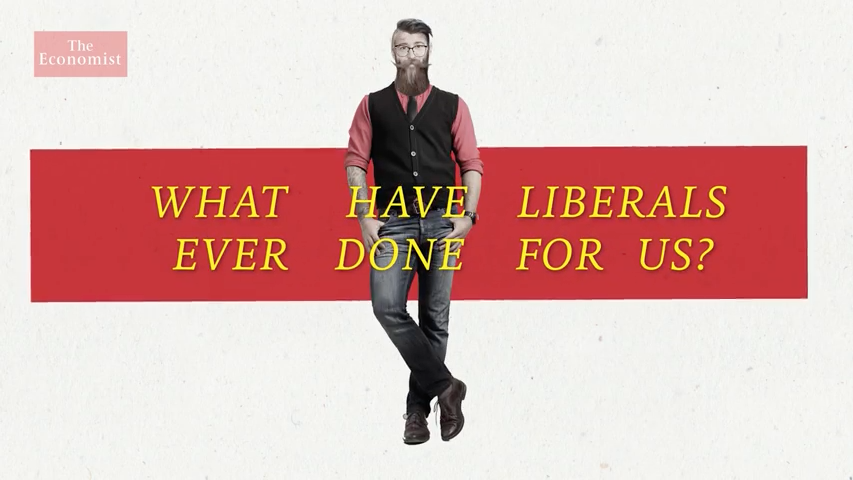ARTICLE / SHORT FILM
Will Chilton and Baird Bream, vox.com, Jul 19, 2017
Off-street parking requirements, really, spread throughout the United States faster than almost any other urban planning invention. They arose partly because of the lack of management of on-street parking. If you can’t manage the on-street parking properly you need off-street parking requirements or everybody will say, ‘How could you let this building be built when there’s not enough parking?‘
To boil an 800 page book down into three bullet points, I have three basic recommendations:
Remove off-street parking requirements.
Charge the right price for on-street parking. By which I mean the lowest price the city can charge and still have one or two open spaces on every block, so nobody can say there is a shortage of parking. In order to reach that price you have to vary it by location and time of day.
But you have done that, make it politically popular, and spend the revenue on public services on the metered streets.
To visit Donald Shroup’s website click here, for CityLab’s profile ‘Parking Is Sexy Now. Thank Donald Shoup’ click here.














